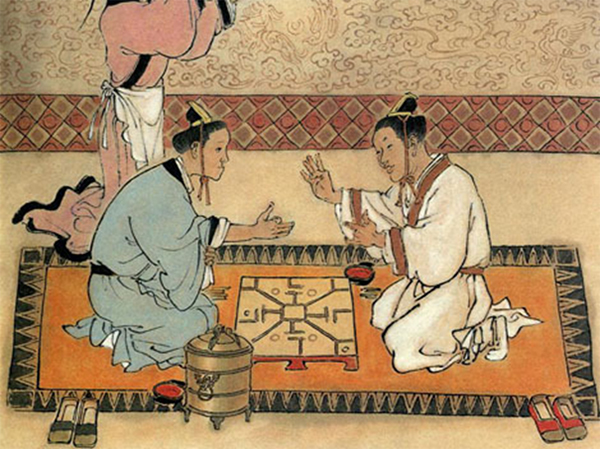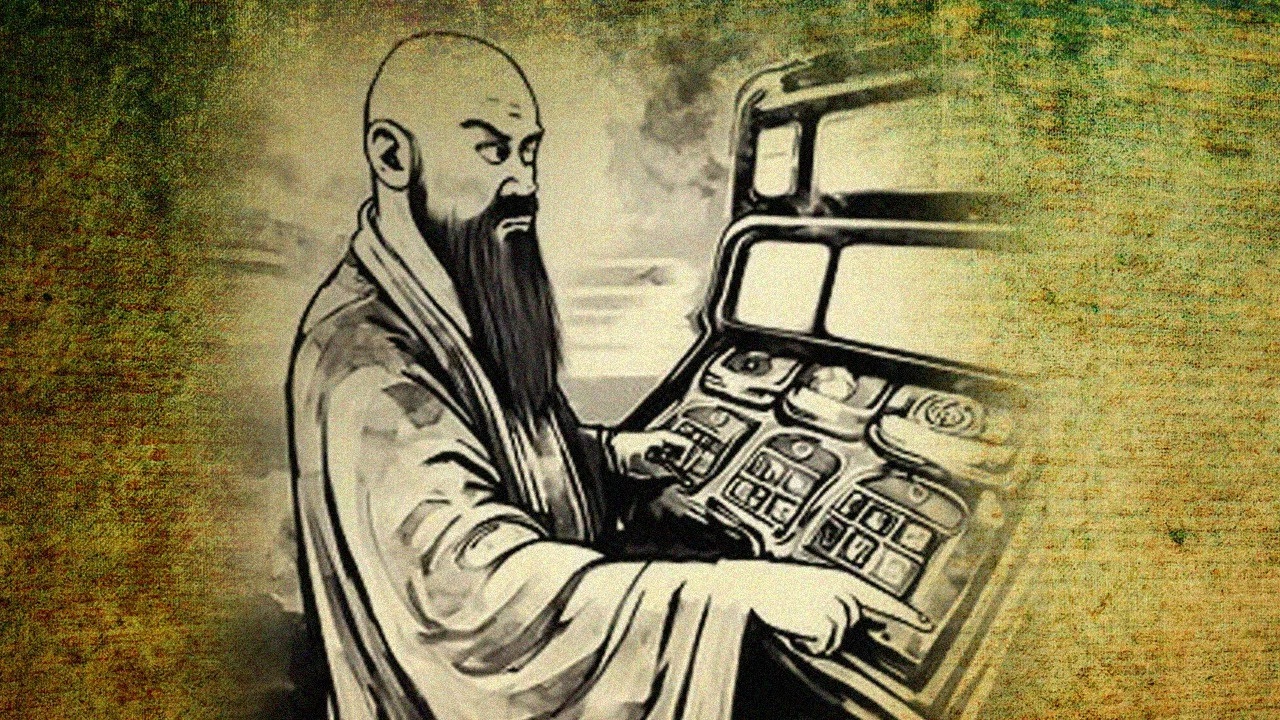The historical roots of gambling in China
Gambling has been deeply embedded in Chinese culture in association with historical periods and ruling dynasties. There are several references to gambling as early as the Xia Dynasty (around 2000-1600 BC). Back then, the symbol of gambling represented good fortune and the favour of fate. Throughout history, games have evolved into different forms, with iconic games such as Pai Gow, which was already popular in the Song Dynasty (960 - 1279). Later, this game inspired the creation of Pai Gow Poker, which is also played in Las Vegas casinos. This game combines elements of the traditional Chinese approach with elements of modern poker.
The influence of philosophy and religious traditions
Chinese philosophy emphasised the importance of fate, luck and balance, which contributed to a favourable environment for the emergence of gambling. For example, Taoism and the ideas of yin and yang are concerned with the balances of forces in the universe. Gambling was seen as a way to achieve a balance between luck and risk. It allowed people to feel closer to the harmony of the world.
In traditional Chinese culture, gambling had significant symbolic elements, which amplified its attractiveness. Traditionally, the Chinese relied on lucky numbers, such as the number 8, which represents prosperity, or symbols such as the dragon or phoenix, which are associated with strength and good fortune. Games such as Mahjong and Pai Gow were often played during important festivals, such as Chinese New Year, when it was believed that victory would bring good luck and success for the year ahead. Within these traditions, gambling was seen more as a symbol of good luck than a risky game, which increased the popularity and interest in the game.

Changes and limitations of gambling in modern China
The 20th century saw fundamental changes in China's approach to gambling. After the establishment of the Communist government in 1949, gambling came to be seen as a negative phenomenon and was banned in all areas of mainland China. The government implemented a strict ban on gambling, with the exception of state-regulated lotteries, which are intended to support public projects and initiatives. In this context, the question arises as to why the government banned gambling, even though it had been part of the cultural heritage for centuries and represented a form of balance in the spirit of Taoism.
However, there are two known exceptions, namely Macau and Hong Kong, which, due to their special status, can legally retain gambling. Macau, a former Portuguese colony, has become one of the world's largest gambling centres and is one of China's key economic resources. In Macau, where casinos are legal, the gambling industry is a significant contributor to the local economy and attracts tourists from all over the world. Similarly, Hong Kong has some legal forms of gambling, such as horse racing and lotteries, which are carefully controlled.
Macau is known as the "Las Vegas of Asia" and is one of the largest gambling hubs in the world. Here you will find casinos with legal table games, including various poker variants such as Texas Hold'em and Pai Gow Poker. They can be played by both locals and foreign visitors. Hong Kong has stricter gambling rules than Macau, but some forms of gambling, such as horse racing and lotteries, are legal. Playing poker in casinos is not allowed, but there are private poker clubs that operate on a semi-legal basis. However, strict laws prohibit poker being played for money and online poker is also illegal.

How do Chinese poker enthusiasts get around the regulations?
Human beings have always been creative when it comes to bending the rules, and Chinese poker players are no exception, having found a number of ways to get around the rules over the years. Over time, a number of ways have emerged for Chinese poker enthusiasts to get around regulations.
- VPNs - The most common way for domestic players to play poker is to use foreign online gaming platforms via virtual private networks (VPNs). Of course, this solution also has many holes, but it is currently one of the easiest and most widely used
- Private underground gaming clubs - For adrenaline junkies and rule breakers, there are hidden gaming clubs in some cities that operate by invitation only. These games are regularly in the crosshairs of the police and government, and frequent raids have disrupted many such games. Individuals who run such clubs can face prison sentences ranging from 5 to 10 years if discovered
- Gambling in cryptocurrencies - Another way to circumvent regulation is by playing poker through anonymous blockchain platforms, where it is difficult for Chinese authorities to track transactions and players. These platforms offer poker games where bets are made through cryptocurrencies. But this of course also brings with it the risks of fraud and untrustworthy games
Source - taoism-directory, wiki, theworldofchinese, iclg



